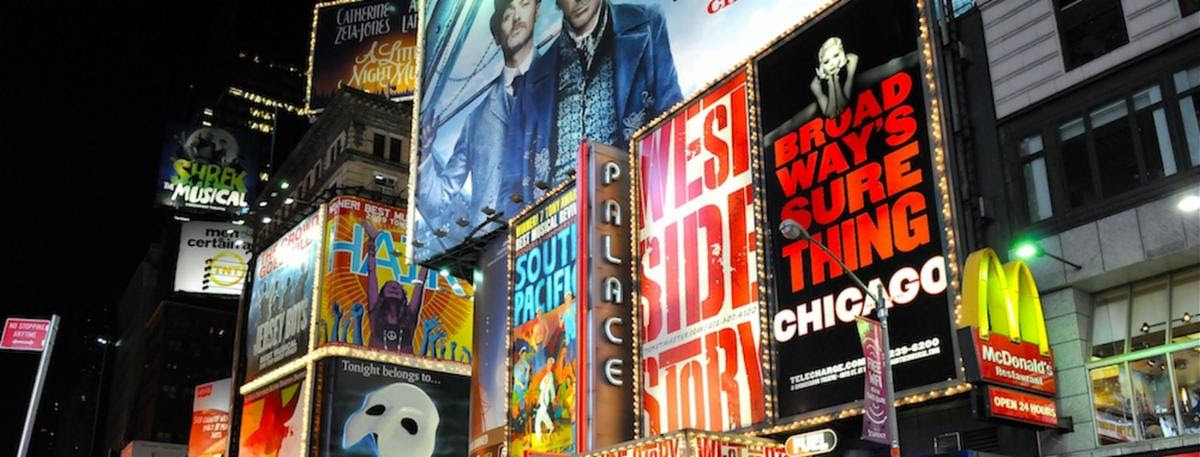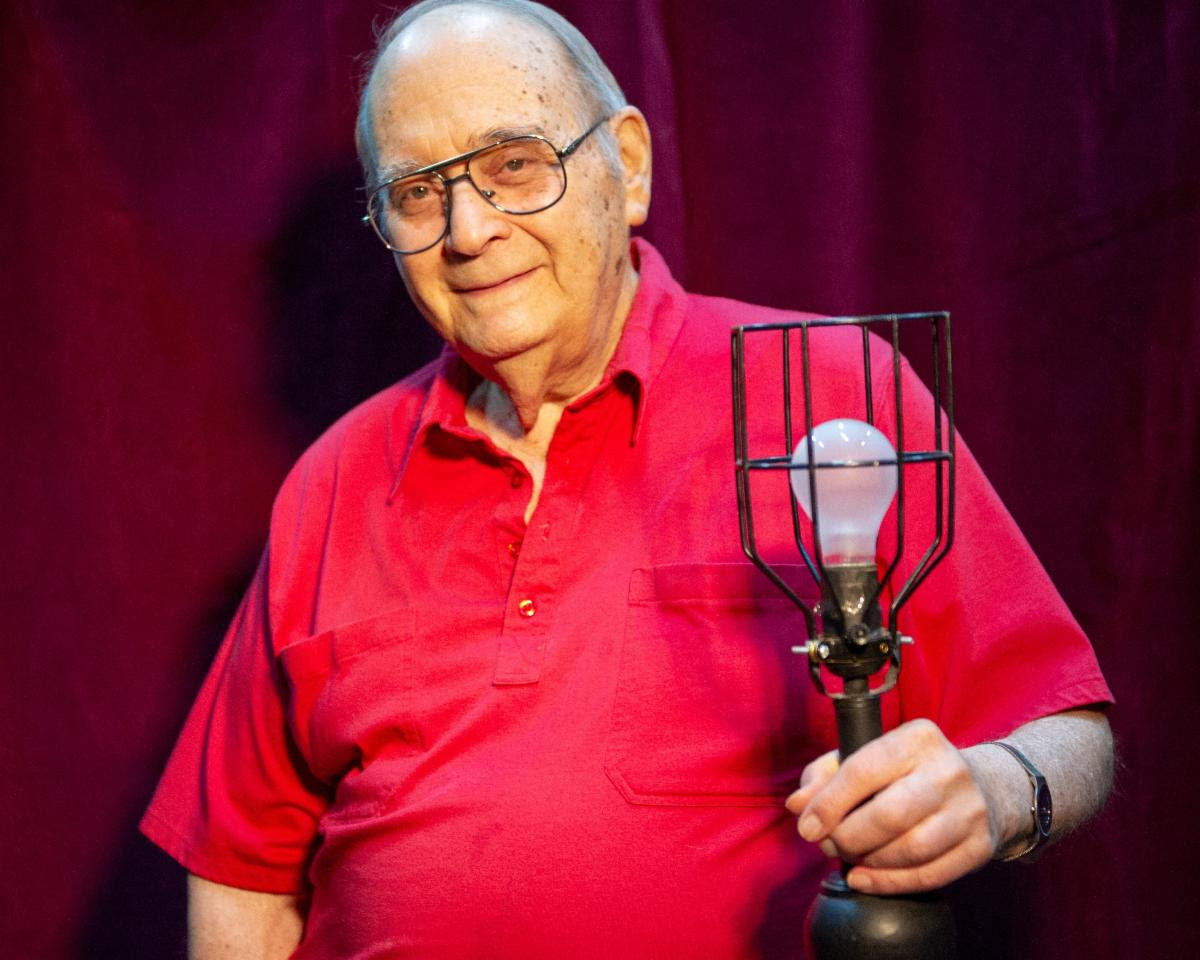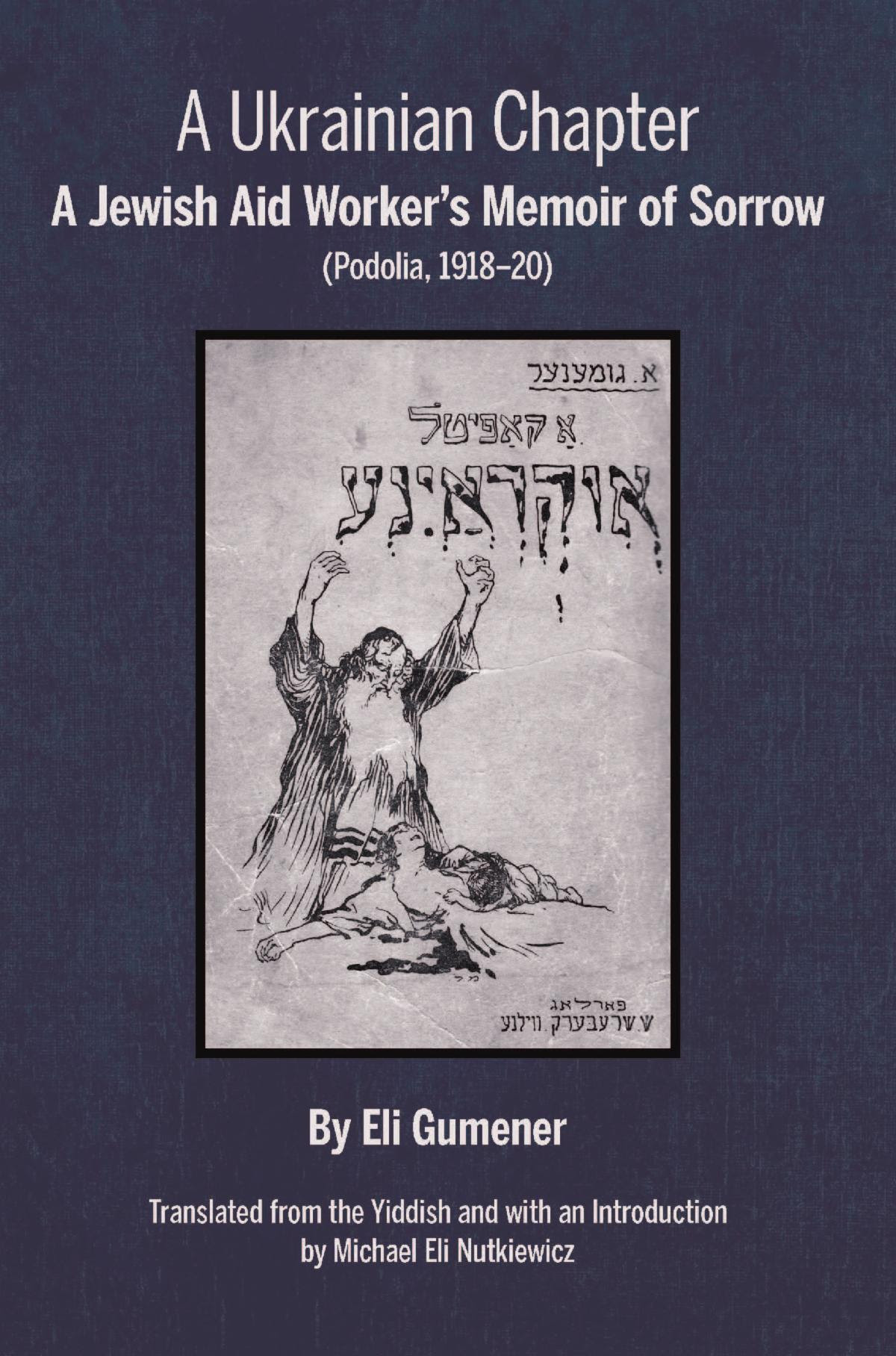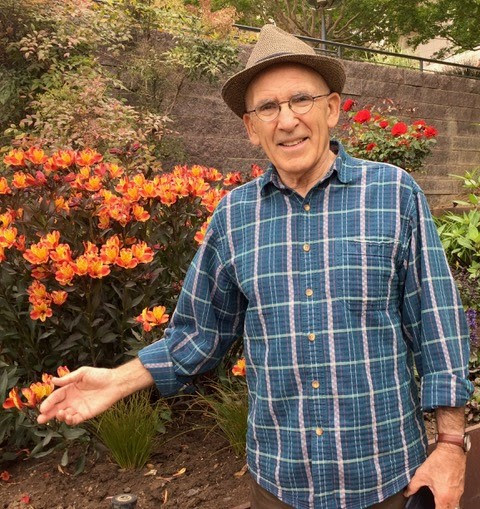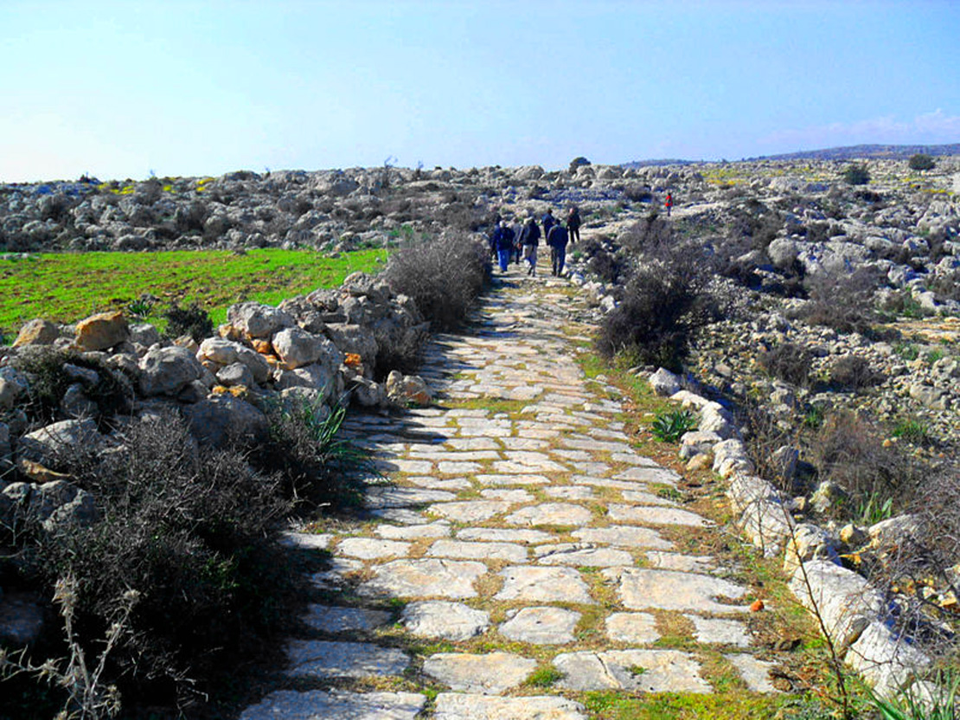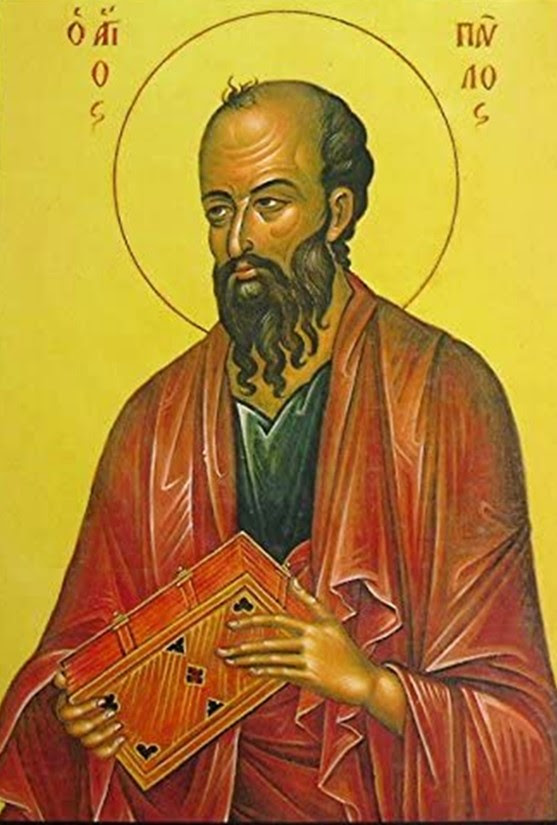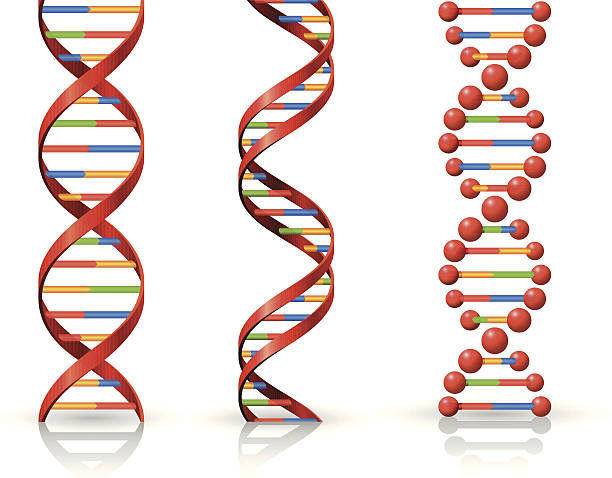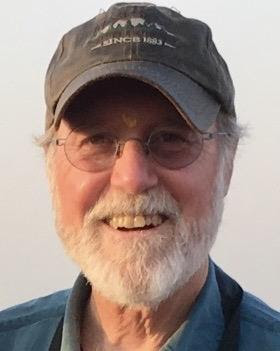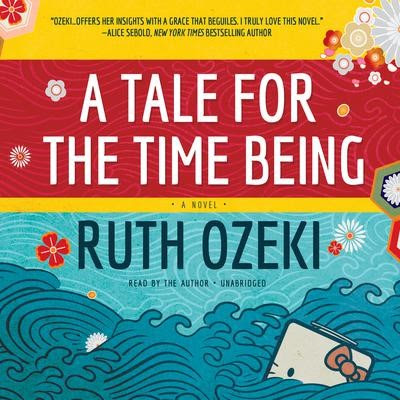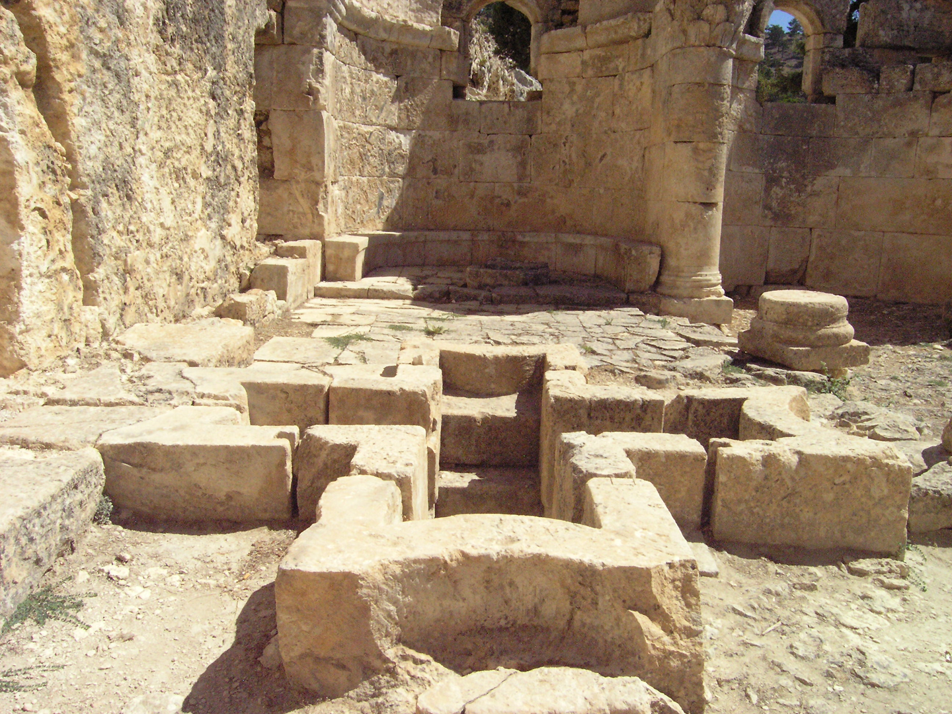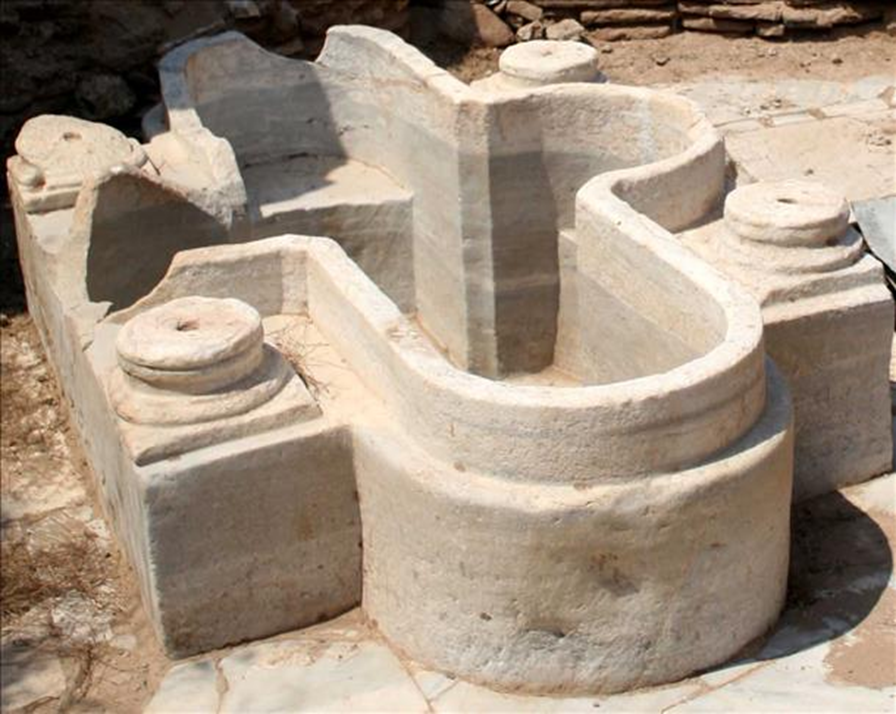THR S23-03: The Birth of Musical Theater and Who Invented It
Richard Block
Wed, Feb 1, 1:00-3:00 pm
In-Person $20
People love musicals. Most of the great musicals have been made into successful movies, including Steven Spielberg’s recent remake of West Side Story. Musical theater is an American theater form, an American invention, which is jealously imitated in other countries but never equaled. In this course, students will look at how the American musical theater started, grew, and gave birth to a new dramatic form: the musical play, an integrated performance form that tells a story combining music and drama.
Richard Block (BFA in Theatre Arts, Carnegie Mellon; MA in Theatre Arts, U. of Washington) grew up in the “Golden Era” of American musical theater (1940s-1970s) and knows virtually every musical of the period, and most of the songs by heart. Block was composer of an off-Broadway musical revue and directed off-Broadway. He is the founder of Actors Theatre of Louisville and served as its Producer and Artistic Director for seven years. Block has directed at professional theaters and opera houses all over the country and has taught directing workshops in Chicago and in Santa Fe.
HIS S23-01 or HIS S23-01-Z: The Polish-Ukrainian-Russian Borderland
1914-1921
Michael Nutkiewicz
Thurs, Feb 2 10:00 am-12 noon
Hybrid (ZOOM or In-Person) $20
World War I and the Russian Civil War unleashed unprecedented violence in the borderlands of Poland, Ukraine, and Russia. Between 1914 and 1921, several simultaneous wars were fought: the Soviet Union against Germany and Ukraine; Poland against Ukraine; and later Poland against the Soviet Union. One tragic consequence of these ongoing conflicts was the murder of up to 250,000 Jews in pogroms perpetrated by all sides—the Ukrainians, the Red Army, and the Poles. These pogroms foreshadowed the genocide of Eastern European Jews just 20 years later during the Second World War. Understanding the 1914-1921 borderland history is critical for grasping the current conflict between Ukraine and Russia and understanding the shape of Eastern Europe.
Michael Nutkiewicz (History PhD, UCLA) has taught Jewish history at the University of Missouri-Columbia and UNM. His book, A Ukrainian Chapter: A Jewish Aid Workers’ Memoir of Sorrow, published by Slavica Publishers in October 2022, is a translation of a 1921 Yiddish memoir by a relief worker who toiled in the killing fields in Ukraine during the Russian Civil War.
ARCH S23-04-Z: In the Footsteps of St. Paul
William Tabbernee
Thurs, Feb 2, 9, 16 1:00-3:00 pm
Zoom Only $60
In this course students will virtually travel to ancient Turkey, Israel, Syria, Cyprus, Greece, and Italy, guided by instructor William Tabbernee, who has led numerous in-person tours to these sites. In addition to such well-known ancient cities as Tarsus, Jerusalem, Damascus, Ephesus, Athens, and Rome, students will also visit lesser-known sites, including Caesarea Maritima, Paphos, Perge, Antioch-in-Pisidia, Troas, Philippi, Corinth, and Assos. These sites look much as they did when Saint Paul visited.
Dr. Tabbernee will lead students through the archaeological remains of these cities and explore the temples, palaces, public buildings, people, and events of St. Paul’s time as well as the subsequent history of each site. Finally, like pilgrims of old, students will see each site’s art and architecture that commemorate Saint Paul’s visit.
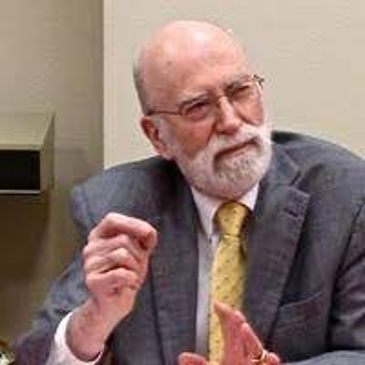 William Tabbernee, PhD, LittD, DD, specializes in the archaeology of the ancient world. Former President and Stephen J. England Distinguished Professor of the History of Christianity at Phillips Theological Seminary, Dr. Tabbernee has published dozens of scholarly articles and several books.
William Tabbernee, PhD, LittD, DD, specializes in the archaeology of the ancient world. Former President and Stephen J. England Distinguished Professor of the History of Christianity at Phillips Theological Seminary, Dr. Tabbernee has published dozens of scholarly articles and several books.
SCI S23-04: Some Things You DIDN’T Learn in Biology Class about DNA and RNA
Bob Hinton
Wed, Feb 8, 15, 22 3:15-5:15 pm
In-Person $60
This course first introduces students to the basics of DNA and RNA in simple language. Then we will discuss how mRNA vaccines, gene therapy, recombinant DNA, and genetically altered (transgenic) mice build on this basic biology. Scientists can now edit the genome of living organisms.
Are you aware that PCR COVID tests are based on the intrinsic biology of DNA? Did you know that insulin is now typically produced by means of recombinant DNA within bacteria? We will look at many important questions. What is the significance of DNA’s double helix form and what does DNA actually do? What crucial roles do the types of RNA play? What is a gene, and how are genes regulated? Come learn about your body!
Bob Hinton (PhD in biological anthropology and postdoc study in anatomy & craniofacial biology) taught anatomy and related subjects for 30 years in a dental school. This is his fifth RENESAN course.
LIT S23-02: What Does It Mean To Be a Time Being? Ruth Ozeki’s A Tale for the Time Being
Jo Ellen Jacobs
Thur, Feb 9, 16, 23 10:00 am-12 noon
In-Person Discussion $60
What do 9/11, tree hugging, tsunamis, Kamikazes, cosplay and Sunnyvale play, manga fantasy and Buddhist ritual, mossy temples and skyscrapers, crow dreams and Zen nuns have in common?
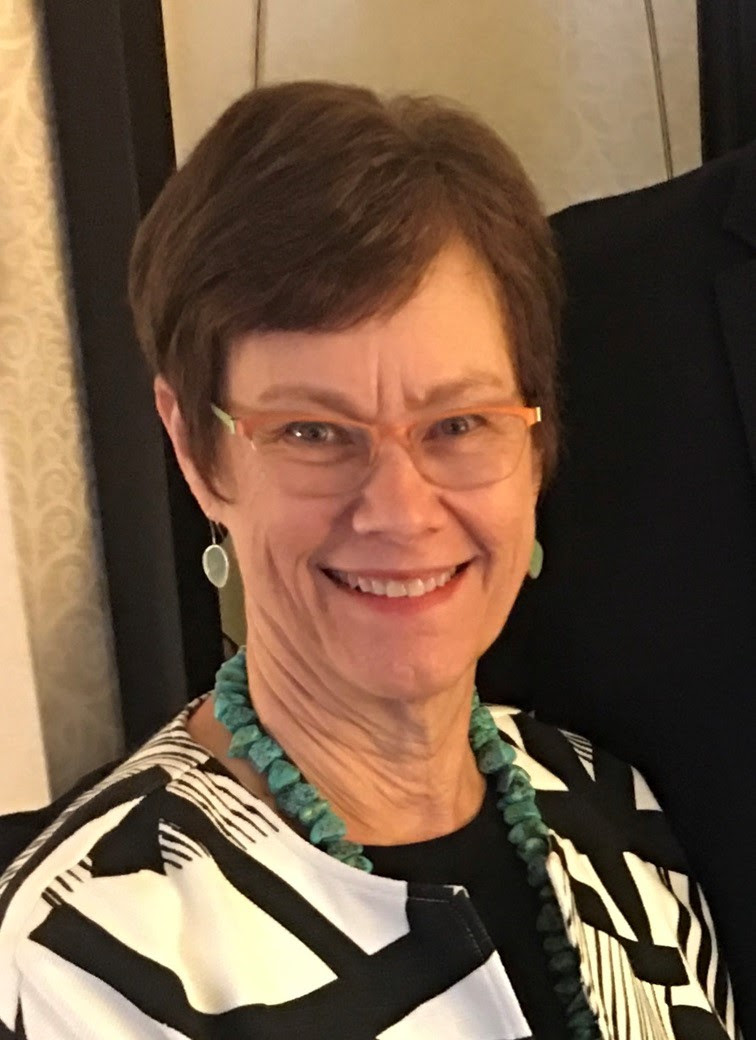 Come find out by reading A Tale for the Time Being by Ruth Ozeki. We will examine what it means to be a being in time. Both a philosophical and literary treasure, this book will take you into and out of yourself. You’ll discover why suicide is an answer. And why life is an answer.
Come find out by reading A Tale for the Time Being by Ruth Ozeki. We will examine what it means to be a being in time. Both a philosophical and literary treasure, this book will take you into and out of yourself. You’ll discover why suicide is an answer. And why life is an answer.
Jo Ellen Jacobs, a retired professor of philosophy from Millikin University, has taught philosophy and literature courses for 35 years.
ARCH S23-03-Z: Byzantine Baptisteries of Turkey
William Tabbernee
Thur, Feb 23 1:00-3:00 pm
ZOOM Only $20
When Emperor Theodosius I (ruled 397-395) made Christianity the official religion, the Roman Empire built numerous baptisteries to initiate former pagans or heretics into orthodox Christianity. The building campaign was especially strong in Anatolia (Asia Minor), the vast region comprising most of what is now Western and Central Asiatic Turkey.
Almost 200 Anatolian baptisteries and/or fonts have been discovered thus far, with more coming to light every year as archeologists explore new sites. This richly illustrated class will focus on the most recently discovered baptisteries, describing their geographical location, archaeological remains, and architectural features as well as their purpose and function.
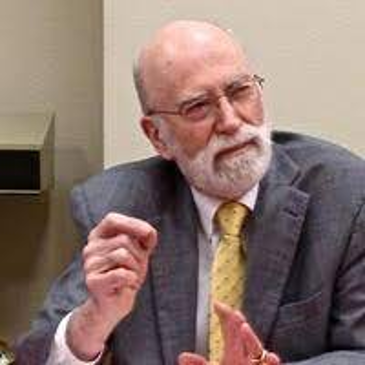 William Tabbernee, PhD, LittD, DD, specializes in the archaeology of the ancient world. Former President and Stephen J. England Distinguished Professor of the History of Christianity at Phillips Theological Seminary, Dr. Tabbernee is excited to present the most up-to-date information about recent archaeological discoveries in Turkey.
William Tabbernee, PhD, LittD, DD, specializes in the archaeology of the ancient world. Former President and Stephen J. England Distinguished Professor of the History of Christianity at Phillips Theological Seminary, Dr. Tabbernee is excited to present the most up-to-date information about recent archaeological discoveries in Turkey.


